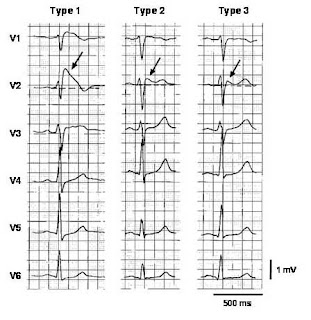I liked cat very much when I was young until I knew there is a disease called Toxoplasmosis. Duing my second year parasitology, when I knew that cat is the intermediate host for a parasite called Toxoplasmosis gondii, I promised myself I would never keep cat as pet anymore in my life. You can see the life cycle of this parasite as below,
For MRCP, just remember that only immunosuppressed patients manifest this illness as reactivation of a primary disease. It is pretty high chances that you are infected before ( general population has high sero conversion- meaning most of us was infected before) and usually we recover from primary infection with good prognosis.
For certain groups of patients especially those with AIDS and on long term immunosuppression ( such as post transplantation) patients, Toxoplamosis usually manifests as central nervous infection- and patients usually present with confusion, seizure and headache ( with of without fever).
 |
| Cerebral toxoplamosis- usually multifoci! |
For your MRCP examination, if a HIV patient is admitted with seizure and a CT scan film is shown, 95% of the time is Toxoplasmosis infection, however, you must be aware that another differential diagnosis is cerebral lymphoma!!









 There are a few important fact to remember for MRCP,
There are a few important fact to remember for MRCP,
